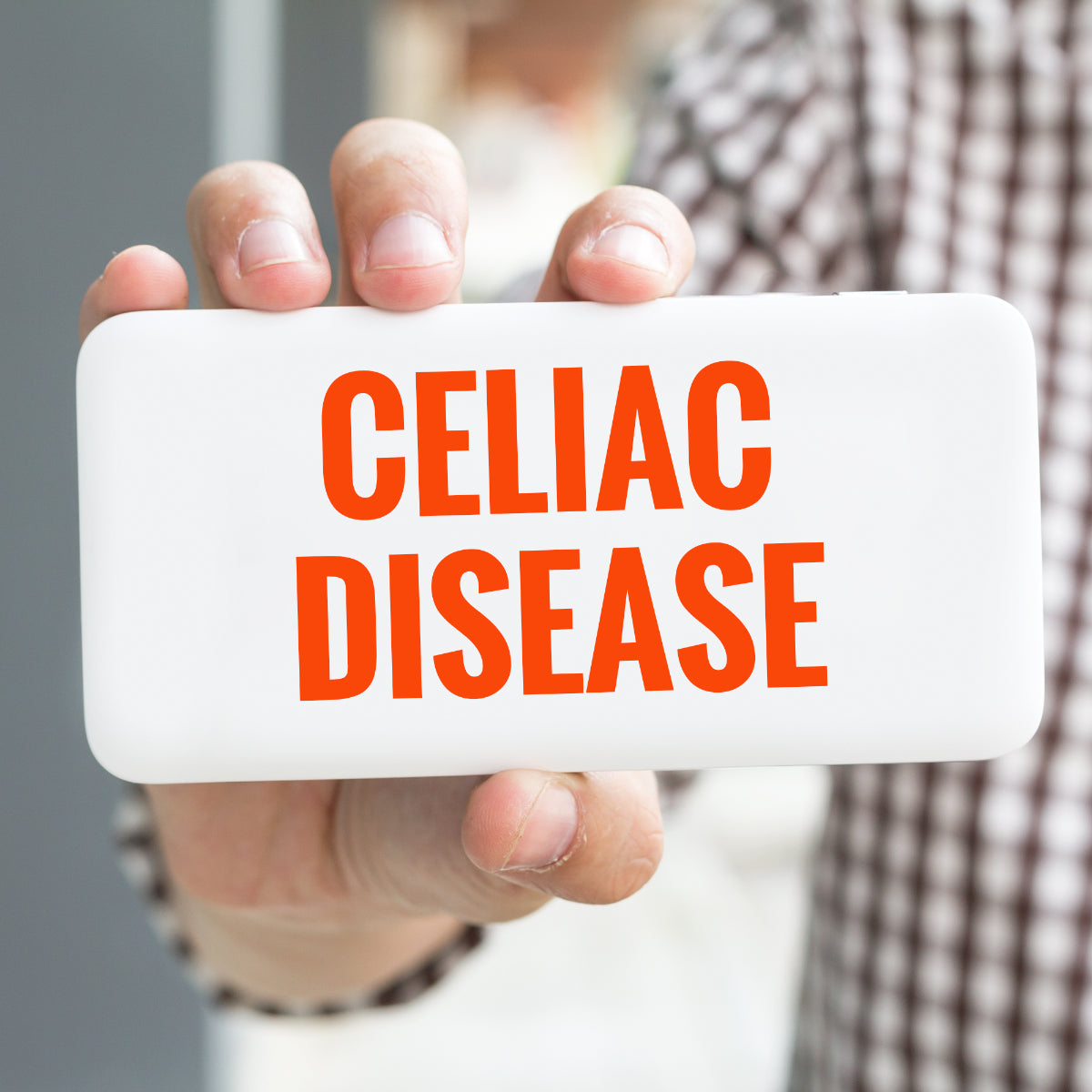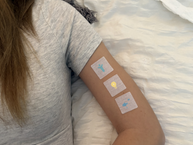Celiac disease is a condition found in more than 1 in 150 American adults. It happens when your body produces an immune response when you eat gluten, which is in wheat, barley, and rye. Malnutrition is common with celiac disease, but your doctor may agree that PatchAid Vitamin Patches can help reduce the risk.
A Gluten-Free Diet for Celiac Disease
The treatment for celiac disease is to avoid gluten. There is no other way to prevent the inflammatory response in the GI tract that can be so debilitating. A gluten-free diet excludes these gluten-containing grains and grain products.
- Wheat and wheat products, such as wheat flour and many types of bread, breakfast cereals, pretzels, crackers, and pasta.
- Graham, rye, triticale, barley, semolina, and farina.
- Products containing gluten, such as soy sauce, dressings, sauces, and food starch.
Some medications, toothpaste, and other surprising products may contain gluten, so it is always best to read the label.
Nutritional Concerns with Celiac Disease
There is a risk of weight loss and of nutrient deficiencies when you have uncontrolled celiac disease. This can come for three reasons.
- Lower intake of food, which can happen if you feel nauseous or have stomach pain during a flare-up.
- Decreased absorption of nutrients from food.
- Avoiding certain nutritious foods because of their gluten content, such as breakfast cereals that have wheat but are fortified with iron and B vitamins.
A nutritionist or doctor can help you decide which vitamins you may want to take due to celiac disease that continues to cause symptoms, such as nausea and vomiting, bloating, constipation, diarrhea, and weight loss. Anemia from poor iron or vitamin B12 status can cause fatigue and reduced immunity.
Vitamin Patches for Nutritional Support with Celiac Disease
Vitamin supplements can be necessary to promote good nutritional status for some people with celiac disease. Commonly deficient vitamins and minerals include these.
- Folate
- Iron
- Vitamin B12
- Vitamin D
- Vitamin K
- Vitamin E
- Zinc
- Calcium
There are some drawbacks to traditional oral supplements. When you take oral supplements, such as capsules, liquid vitamins, and chewables, there are some risks.
- Potential for upset stomach or decreased absorption.
- Chance of gluten in the product, leading to symptoms of a flare-up.
- The need to time when you take it according to whether you need a full or empty stomach.
PatchAid Vitamin Patches have none of these drawbacks, and instead are absorbed through the skin. They come in a variety of options to suit your needs. A Multivitamin and Mineral Plus Patch has a full range of essential vitamins and minerals designed to support general nutrition. Other examples include the Iron Plus Patch, the Calcium and D3 Patch, the B12 Plus Patch, and the D3 and Vitamin K Patch.
Celiac disease can interfere with good nutritional status, but PatchAid Patches can help. They are easy to use and come in a range of combinations to meet your individual needs. Be sure to talk to your doctor about any health concern that you may have, and before using any vitamin supplement.







